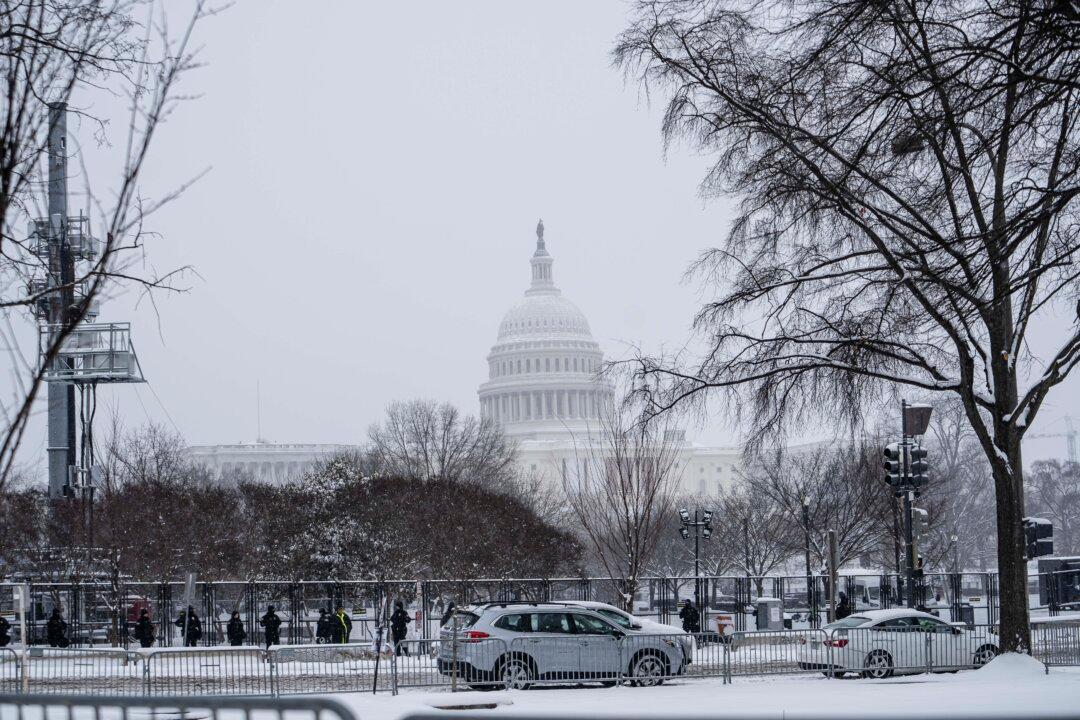Breaking: Canadian Prime Minister Justin Trudeau is resigning as prime minister and party leader. The announcement came after weeks of turmoil within his Liberal party, with many members publicly calling for his resignation amid declining poll numbers.
Today Congress will formally certify President-elect Donald Trump’s victory in the 2024 election on Jan. 6, marking the final ceremonial step to confirm Trump as the next commander-in-chief.





